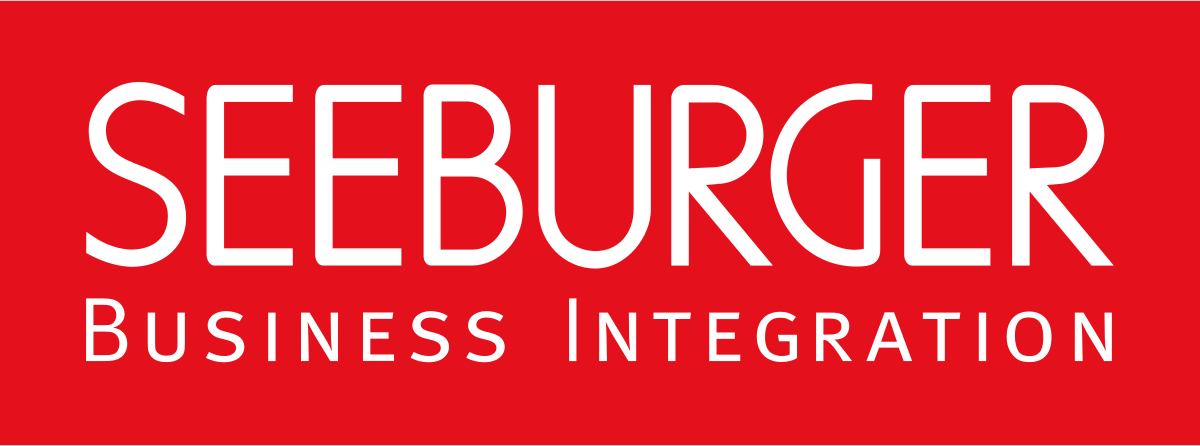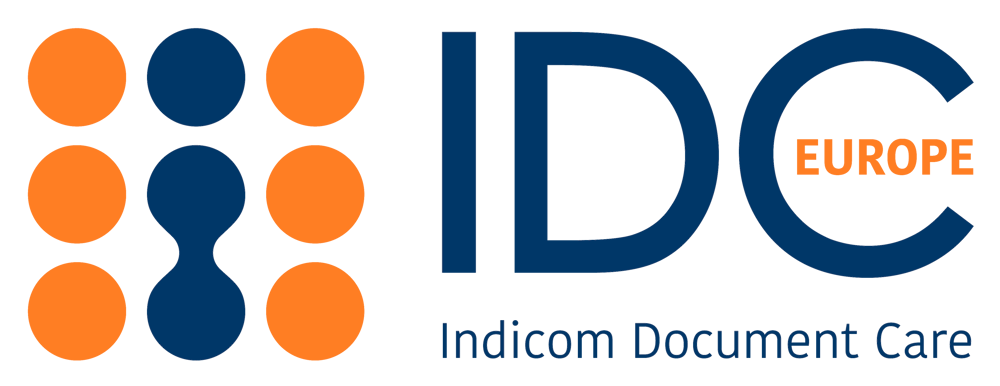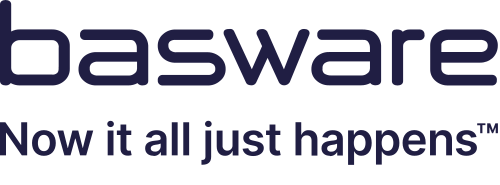The complexity of the e-invoicing landscape in Spain is not something new. A nationwide B2G mandate was initially implemented in 2015, and already revealed a high degree of complexity, given the coexistence of the FACe central platform and several regional platforms like those in the Basque Country.
Then, the Crea y Crece law was drafted in 2022, with one of its goals being to introduce a B2B e-invoicing mandate, potentially modeled after the French Y-system. It was followed at the end of 2023 with the Veri*Factu law, aiming to prevent tax fraud by requiring the use of certified e-invoicing software.
Both measures are still in the legislative process and are facing delays, which will impact their deadlines, as analyzed by Sergio Ramon Ruiz Mahillo in a LinkedIn post (Spanish).
Veri*Factu conflicting deadlines
Before the summer, the Government sent the technical specifications for the Veri*Factu regulation to the European Commission, which will produce its report on October 4. It will inherently push the publication of the Spanish ministerial order around the beginning of November. Since service providers have nine months to comply and certify their software, the Veri*Factu law may only take effect around August 2025 at the earliest.
This timing conflicts with the Royal Decree 1007/2023, which mandates that businesses use certified software by July 1, 2025. As a result, the deadline for complying with the Veri*Factu law will probably be extended to early 2026.
The B2B e-invoicing mandate also likely delayed
Although the European Commission’s report on the Crea y Crece law was very positive and requested no major changes, delays are likely. The Spanish government may indeed intend to delay the publication of the final decree (necessary to initiate the B2B e-invoicing mandate) until after the Veri*Factu law receives approval from the European Commission on October 4.
Consequently, the publication of the ministerial order for the B2B e-invoicing mandate could be pushed to early 2025. The first phase of the mandate could then be delayed to early 2026, as businesses with a turnover exceeding €8 million will have 12 months from the order’s publication to comply.
Stay up-to-date on the e-invoicing latest developments in Spain with The Invoicing Hub.






